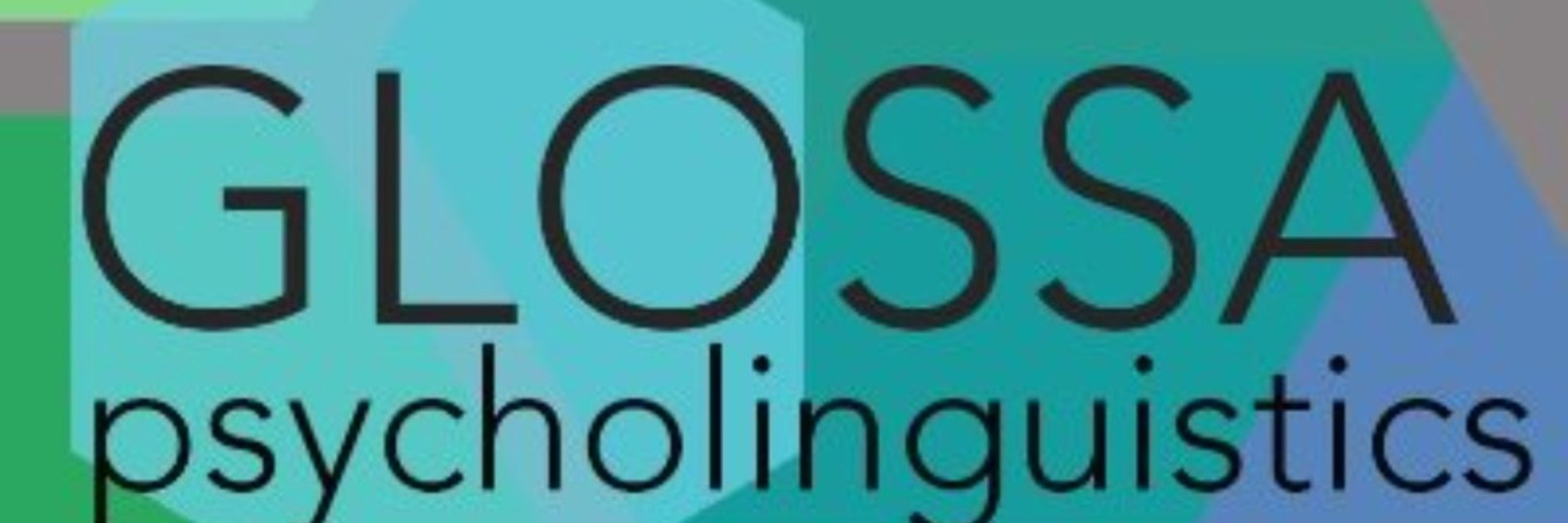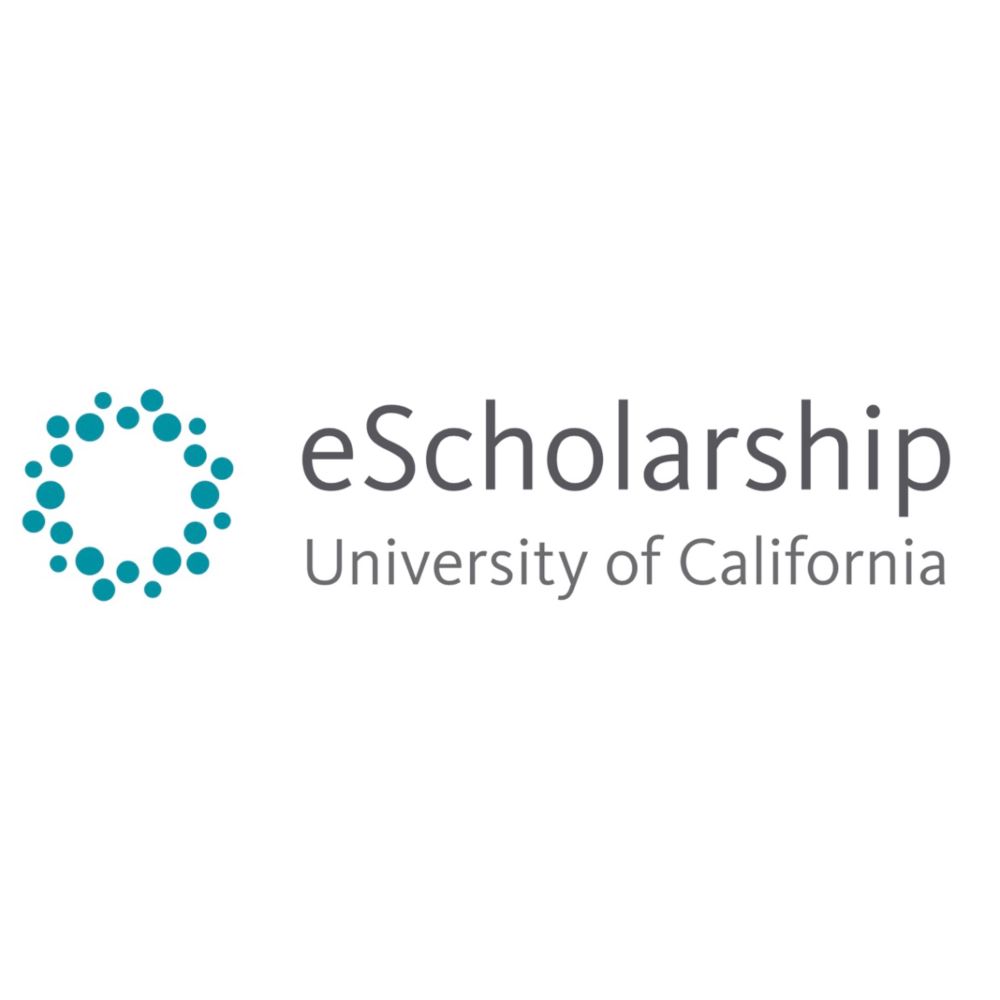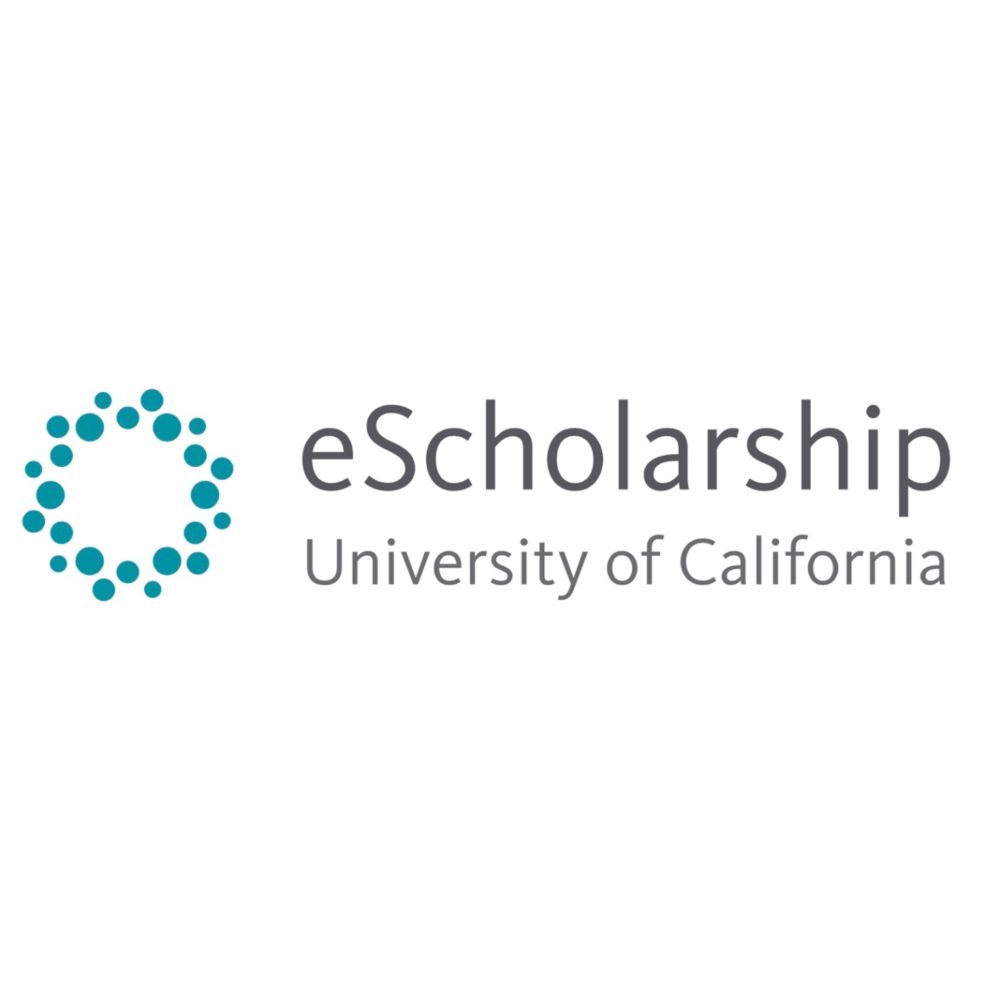Glossa Psycholinguistics
@glossapsycholx.bsky.social
3.6K followers
0 following
120 posts
Glossa Psycholinguistics is an #openaccess journal of #psycholinguistics published by @eScholarship.
https://escholarship.org/uc/glossapsycholinguistics
Posts
Media
Videos
Starter Packs




